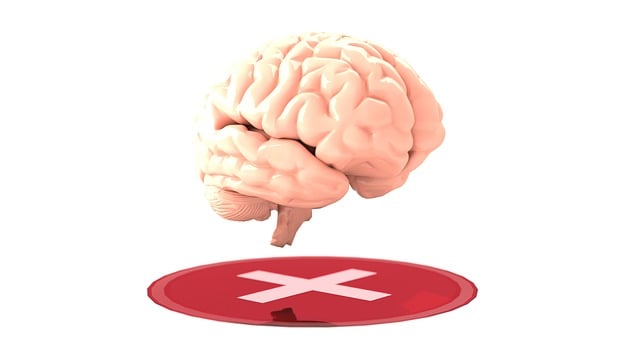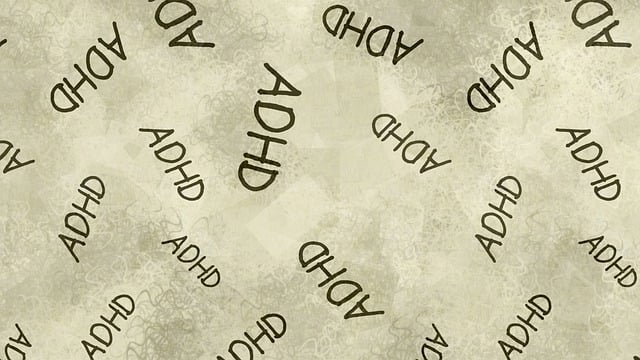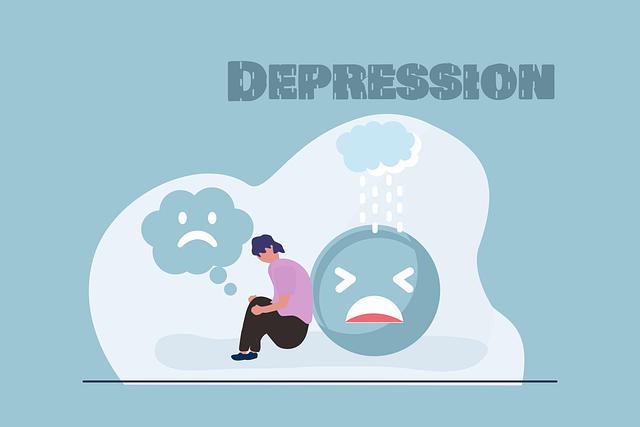Westminster Child Abuse Therapy offers specialized support for children who have experienced trauma or abuse, focusing on creating a safe space for healing and developing healthy coping mechanisms. Through Compassion Cultivation Practices and Self-Awareness Exercises, children learn self-compassion, empathy, and emotional regulation, empowering them to rebuild their lives and become resilient adults. Utilizing play, art, age-appropriate communication, mental wellness journaling, and emotional well-being promotion techniques, Westminster Child Abuse Therapy enhances recovery and provides vital coping mechanisms for fostering resilience and a sense of safety. Despite progress, communities face challenges in providing adequate assistance to marginalized groups due to geographical, financial, and stigmatization barriers; future trauma support focuses on innovative digital therapy platforms and policy advocacy for inclusive, preventive measures.
Trauma support services are vital in helping individuals heal from past abuse. This article explores Westminster Child Abuse Therapy (WCAT), a specialized service designed to address complex trauma within the community. We delve into the key components that make these services effective, including psychological interventions and safe spaces. Additionally, we examine challenges faced and future directions for enhancing trauma support, with a focus on WCAT’s unique role in fostering recovery.
- Understanding Westminster Child Abuse Therapy: A Specialized Service
- Key Components of Effective Trauma Support Services
- Challenges and Future Directions for Trauma Support in Communities
Understanding Westminster Child Abuse Therapy: A Specialized Service

Westminster Child Abuse Therapy is a specialized service designed to offer comprehensive support for children who have experienced trauma, particularly abuse. This therapeutic approach recognizes the unique needs and challenges faced by young individuals who have suffered such profound and distressing events. The therapy focuses on fostering a safe and nurturing environment where children can begin the process of healing and developing healthy coping mechanisms.
Through Compassion Cultivation Practices, this therapy equips children with the skills to cultivate self-compassion and empathy, helping them make sense of their experiences and regulate their emotions effectively. Self-Awareness Exercises play a pivotal role in enabling these young clients to identify and express their feelings, fostering personal growth and resilience. By addressing trauma head-on, Westminster Child Abuse Therapy aims to empower children to rebuild their lives, regain a sense of safety, and develop into resilient adults.
Key Components of Effective Trauma Support Services

Effective trauma support services are multifaceted, aiming to provide comprehensive care for individuals affected by past traumas. One key component is Westminster Child Abuse Therapy, which focuses on addressing the unique needs of children and adolescents who have experienced abuse or neglect. This involves specialized techniques like play therapy, art therapy, and age-appropriate communication strategies to help them process their experiences and express their emotions safely.
Additionally, incorporating Mental Wellness Journaling Exercise Guidance and Emotional Well-being Promotion Techniques into the support framework enhances recovery. Journaling encourages individuals to reflect on their feelings, track progress, and cultivate positive thinking—all crucial aspects of emotional healing. These practices, coupled with professional guidance, empower clients to develop coping mechanisms that foster resilience and promote a sense of safety.
Challenges and Future Directions for Trauma Support in Communities

Despite significant strides in trauma support services, communities still face numerous challenges when it comes to providing adequate assistance to those affected by traumatic events. One major hurdle is ensuring accessibility; many individuals, particularly from marginalized groups, may not have easy access to specialized therapy due to geographical barriers, financial constraints, or cultural stigma surrounding mental health issues. This gap in access can exacerbate existing disparities and hinder recovery efforts.
Looking ahead, the future of trauma support in communities lies in integrating innovative approaches and addressing systemic issues. Incorporating digital platforms for remote therapy, as seen with Westminster Child Abuse Therapy, offers a promising solution to reach a wider audience. Additionally, Mental Health Policy Analysis and Advocacy plays a crucial role in shaping inclusive policies that prioritize prevention strategies, such as Burnout Prevention for Healthcare Providers, ensuring long-term sustainability and effectiveness of trauma support services.
Westminster Child Abuse Therapy highlights a critical need for specialized trauma support services. By understanding the key components outlined in this article, communities can better address the challenges faced by individuals affected by abuse and trauma. As we look to the future, continuous evaluation and adaptation of trauma support strategies are essential to ensure effective healing and long-lasting positive outcomes for all those in need.














